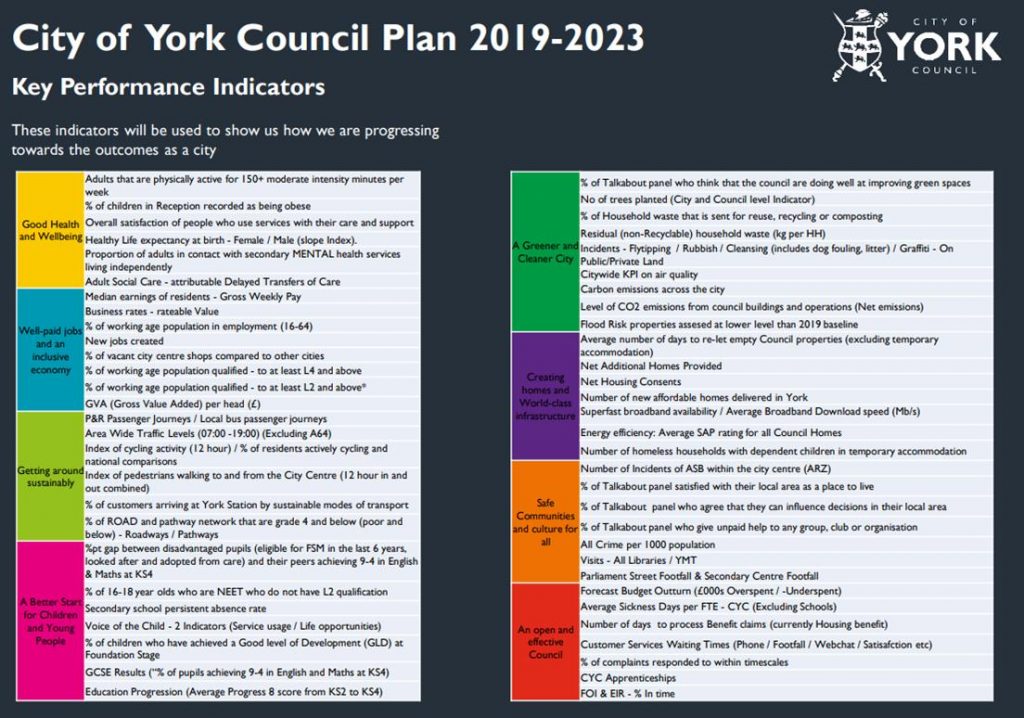
An investigation carried out by City of York Council has uncovered and successfully prosecuted a serious case of the illegal trade of scrap metal.
Appearing on Friday 18 October 2019 at York Magistrates, Craig Miles (of Roche Avenue, York) was ordered to pay £1,230, for collecting, transporting and selling scrap metal without holding the necessary licenses.
Mr Miles was stopped by North Yorkshire Police in December 2018, after being spotted by police a number of times during November and December 2018.
He was found to be carrying scrap metal and his vehicle was seized due to lack of business insurance.
Mr Miles was also charged for not keeping the required records for both selling and collecting scrap metal, as well as failing to provide City of York Council with the correct paperwork.
Mr Miles was found guilty and ordered to pay a fine of £600, costs of £600 and a court surcharge of £30. He was also disqualified from driving for six months.
Cllr Denise Craghill, Executive Member for Housing and Safer Neighbourhoods at City of York Council, said: “The majority of licenced scrap metal carriers in York act within the law, however, there is a penalty of up to £5,000 for those who fail to obtain a scrap metal licence and fail to keep accurate records of the metal they receive and dispose of.
“We hope the sentences send a strong message that the collection, storage or sale of commercial and domestic scrap metal must be correctly licensed, and that the council will continue to investigate and prosecute businesses that operate illegally.”
The council urges York residents to ensure any waste of scrap metal they request removal of that the collector has the appropriated licences to take their waste away.
Residents have a duty of care to ensure their waste is disposed of correctly. To obtain or renew a scrap metal licence, visit: https://www.york.gov.uk/info/20169/business_licences/1023/scrap_metal_dealer_licence or contact Licensing services at licensing@york.gov.uk


